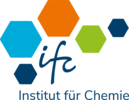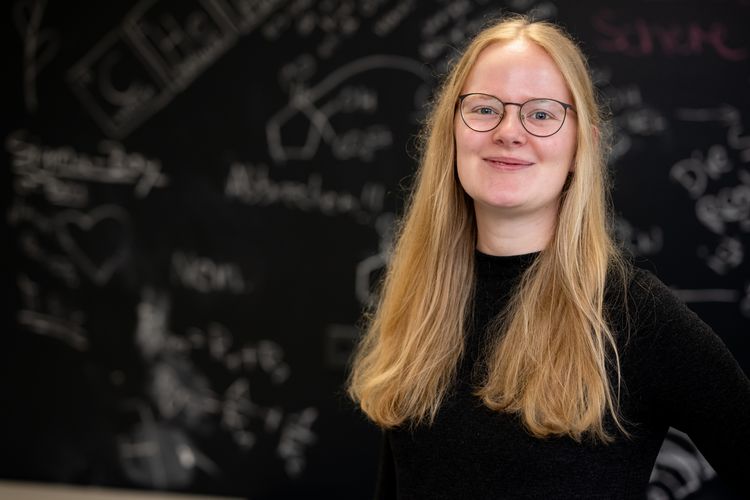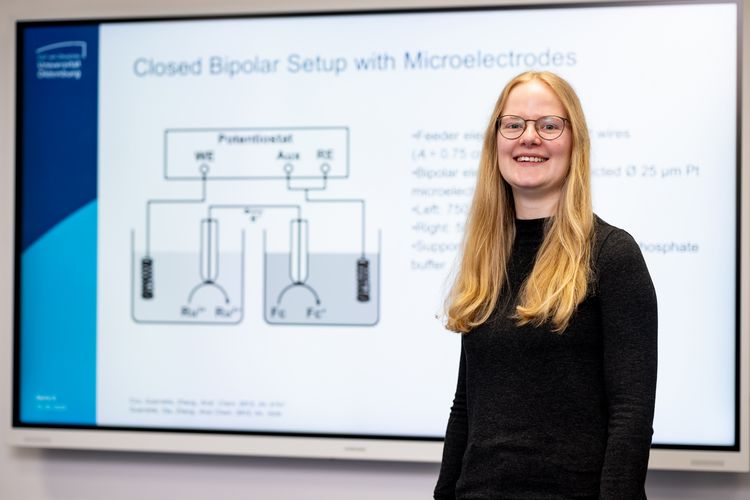Franziska Kühling, PhD student at the Institute of Chemistry and member of Prof. Gunther Wittstock's research group, was nominated, successfully passed the selection process and will take part in the Lindau Nobel Laureate Meetings 2025 from 29 June to 4 July 2025.
Since their foundation in 1951, the Lindau Nobel Laureate Meetings have developed into a unique international scientific forum. The annual Meetings provide an opportunity for an exchange between different generations, cultures and disciplines. Once every year, around 30-40 Nobel Laureates convene in Lindau to meet the next generation of leading scientists: 600 undergraduates, master students, PhD students, and postdocs from all over the world. The theme of the Lindau Meetings alternates between the three Nobel Prize scientific disciplines, Physics, Chemistry or Physiology/Medicine. Every five years an interdisciplinary Meeting takes place, while the Lindau Nobel Meeting in Economic Sciences is held every three years. The varied formats of the scientific programme – lectures, discussions and more – are designed based on the principle of dialogue and to activate the exchange of knowledge, ideas, and experience between and among Nobel Laureates and Young Scientists.
The 74th Lindau Nobel Laureate Meeting is dedicated to the scientific discipline of chemistry. More than 30 Nobel Laureates will come together with around 600 young scientists from all over the world from 29 June to 4 July 2025.
One of them is chemist Franziska Kühling:
Franziska Kühling, a young scientist and PhD candidate at the Institute of Chemistry, has already worked on electrochemistry in her bachelor's thesis at the Carl von Ossietzky Universität Oldenburg, where she focussed on the electrochemical oxidation of oxygen-containing methane derivatives on nanoporous gold. In her Master's degree, she studied on bipolar electrochemistry with microelectrodes. She is currently a PhD candidate at Carl von Ossietzky Universität Oldenburg and a researcher in Prof Gunther Wittstock's working group. In her work, she is continuing the topic of "bipolar electrochemistry". Bipolar electrochemistry has the advantage over conventional electrochemical set-ups that the electrode at which the reactions to be analysed take place is wireless. This opens up a range of interesting applications. The aim of the doctorate is to better understand the conversion of photon energy into chemical energy using a bipolar, microfluidic setup.
At the Lindau Nobel Laureate Meeting, Franziska Kühling will have the opportunity to engage in a personal dialogue with the Nobel Prize winners on her own research topic, to learn from the laureates' experience and at the same time to establish international networks with like-minded young scientists from all over the world.




